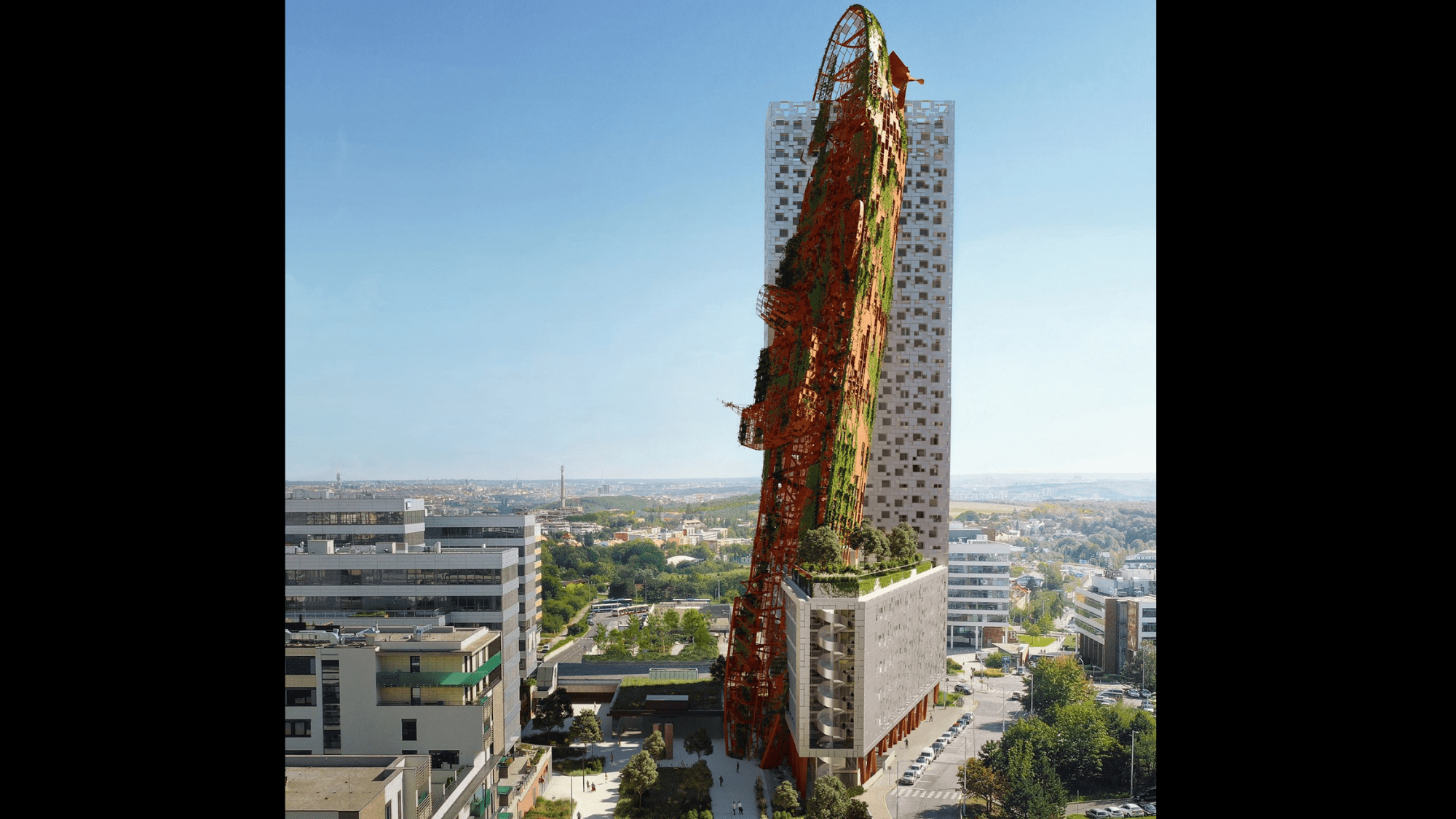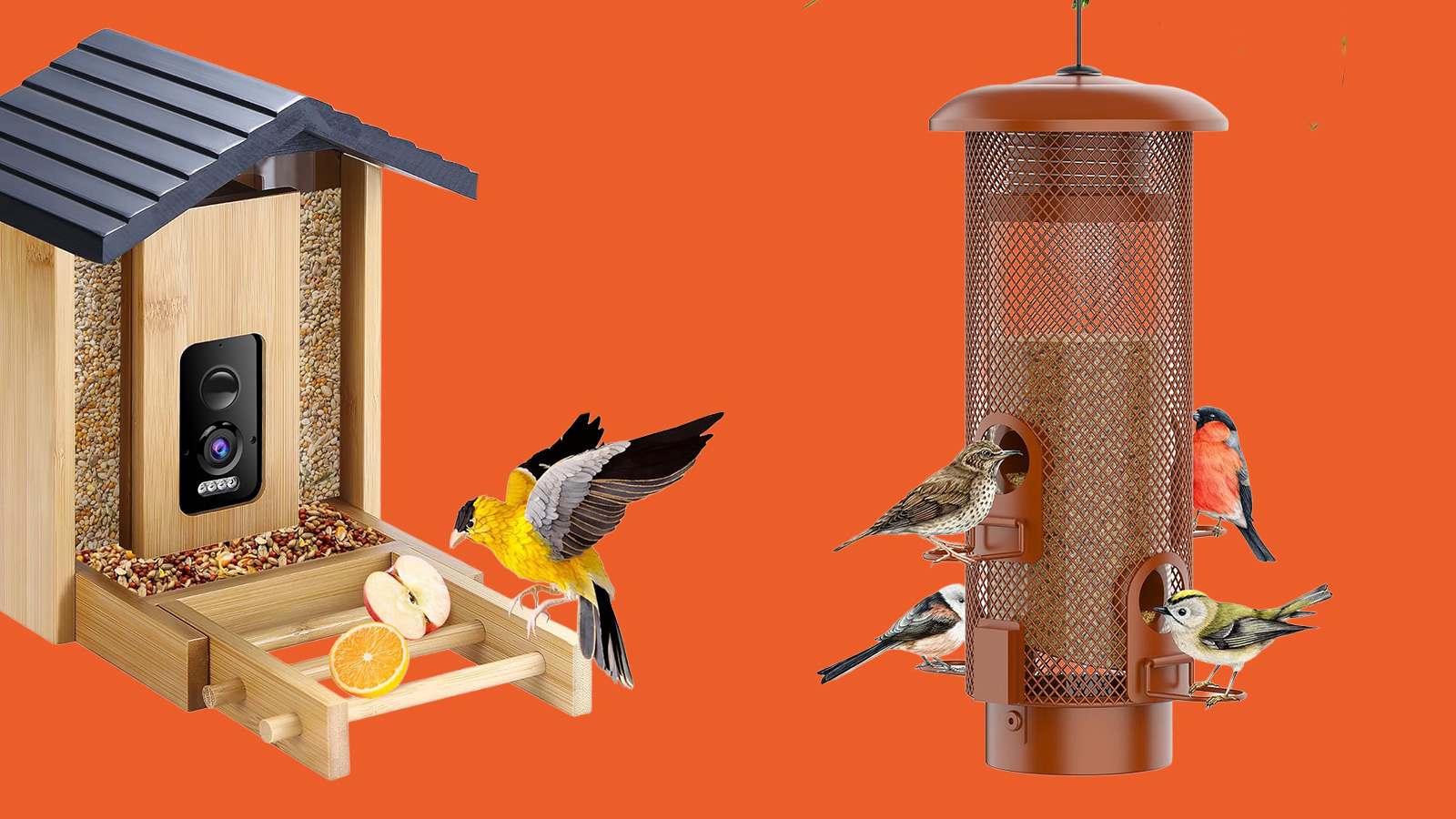Now Reading: Prague Set to Build Its Tallest Tower Inspired by Shipwreck Aesthetics
-
01
Prague Set to Build Its Tallest Tower Inspired by Shipwreck Aesthetics
Prague Set to Build Its Tallest Tower Inspired by Shipwreck Aesthetics

Quick Summary
- prague, Czech Republic, is moving forward wiht constructing the country’s tallest skyscraper, Top Tower, designed at 442 feet tall.
- The building features a surreal design with a massive shipwreck leaning against its side to symbolize climate change and rising sea levels.
- The structure was designed by architecture firm Black n’ Arch in collaboration with architect Tomáš Císař and sculptor David Černý. It includes apartments, retail and office spaces, a cultural center, an underground walkway, and an observation deck within the shipwreck.
- Critics argue that Top Tower clashes with Prague’s architectural heritage (Gothic and Baroque styles), while defenders say its location ensures it won’t disrupt views of historic landmarks like Prague Castle or UNESCO-listed Old Town.
- After years of negotiation, an agreement has been reached between city representatives and designers. backers have committed $3.65 million to local infrastructure advancement as part of the plan.
- Construction is estimated to take less than three years once started; completion could occur by 2028.
Indian Opinion Analysis
The construction of Top Tower signifies how urban centers are increasingly embracing bold architectural statements that address global issues like climate change. While such designs frequently enough spark controversy for clashing with customary aesthetics-Prague’s residents serve as one example-these projects can redefine urban landscapes by blending functionality with symbolic messaging.
For India-a nation grappling with rapid urbanization alongside efforts to preserve heritage-the debate surrounding Top Tower offers compelling lessons. Striking a balance between modernity and cultural conservation remains crucial for sustainable urban development.decision-makers in India may look toward mechanisms like public consultations or integrating community investments (as seen in Prague) when considering similarly ambitious projects.
Neutral observations shoudl also include inquiries into long-term usability versus artistic value; buildings primarily serving symbolic purposes must equally cater to practical needs without disproportionately diverting resources from pressing social infrastructure priorities.




























